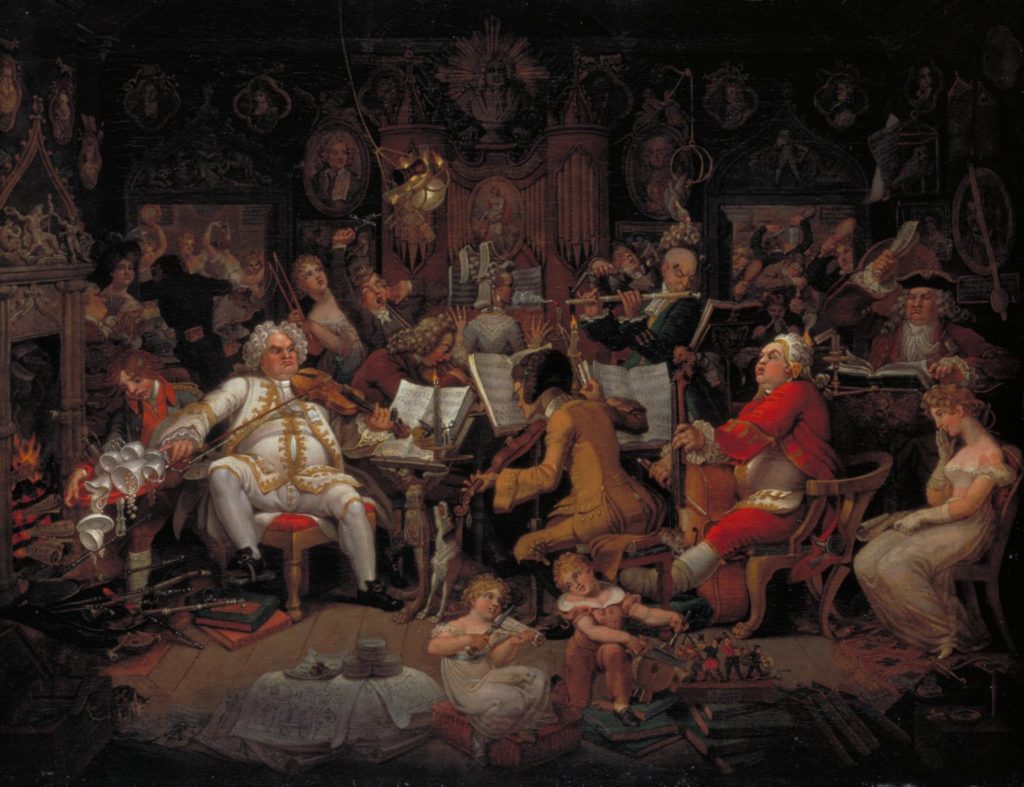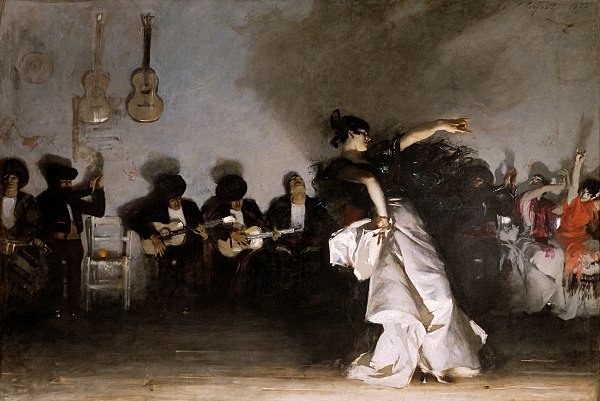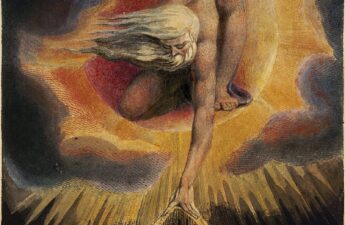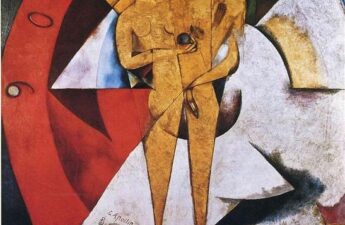“All the world’s a stage, And all the men and women merely players, They have their exits and their entrances, And one man in his time plays many parts, His acts being seven ages.”
William Shakespeare, 1599, As You Like It
What is our role? Like actors gracing the stage, every day we wake to a role; or to be more accurate, various roles.
These are stories and duties that we carry out on a daily basis. How do we come by these roles? Well, some we are born into- we are each a son or a daughter. Some we embark upon- we become a mother or a father. We choose a career and endeavour to play the role of a nurse, a lawyer, a carpenter, a writer. In the way we relate to others, we can be an ally or the adversary. Every day, we play out a sequence of roles, intertwining in a grand symphony. How we own and undertake these roles is the difference between a masterpiece and a calamity.
It’s worth asking ourselves, what are the roles that we have been given, have chosen, or realise through our actions? Continue with this thought; how do the roles we are currently playing benefit us, our loved ones and our community as a whole? Or as the case may be, how do they hurt them? Are there roles we are failing to fulfil?
“The consciousness of duty performed gives us music at midnight.”
George Herbert (1593-1633), Dictionary of Burning Words of Brilliant Writers (1895)

See, roles may seem tedious, they may seem burdensome, daunting, unfair and oppressive.
Roles often make us want to run from them, for all the reasons mentioned and many more. An unfulfilled role, however, very much like that actor on stage, means failure of the whole production. The successful execution of roles allows for the relationship between friends or partners, within the household, office or community, to function effectively and amicably. Like the steps of a dance, when we fulfil our role, we can synchronize beautifully with others, in congruous coordination. When we fail to do so, we step on feet, stumbling and staggering, bringing the whole production into disarray.
“To know what a man is (as we have seen) you must not take him in isolation. He is one of a people, he was born in a family, he lives in a certain society, in a certain state. What he has to do depends on what his place is, what his function is, and that all comes from his station in the organism.”
F. H. Bradley, 1876, Ethical Studies, My Station and its Duties
We are not going to adore every role we play or every aspect of every role.
Fulfilling a valuable and relevant role however, even if it is demanding and difficult, gives us real meaning. When we have a role to fill, we are forced to step on the stage despite everything. Running from our roles creates exactly what we believe we are escaping- a colossal amount of anxiety. We know that when we fail to carry out a responsibility, we may get short term relief, but more often than not, it is followed with a tsunami of apprehension.
We could attempt to explain it all day, but what we experience is what we know.
And what we know is fulfilling our roles and responsibilities turns the day into a win. Failing to do so makes it a loss. Facing our roles and playing them out the best we can gives every day meaning; paradoxically, relieving the anxiety we have about facing them in the first place. Succumbing to the initial anxiety and running from our roles, makes it all much, much worse. In an orchestra, every musician has their role. In a ballet every dancer has their part to play. When we come together and fulfil our own roles and responsibilities, we create inner solidity, as well as outer consonance; all our notes coming together creating a beautiful tune.
“…he realized that the galaxy itself was part of a mighty orchestra, and each star and planet within the galaxy added its own instrument to the music of the spheres. As long as the ancient harmonies were sung, the universe would not entirely lose its joy.”
Madeleine L’Engle, 1978, A Swiftly Tilting Planet




